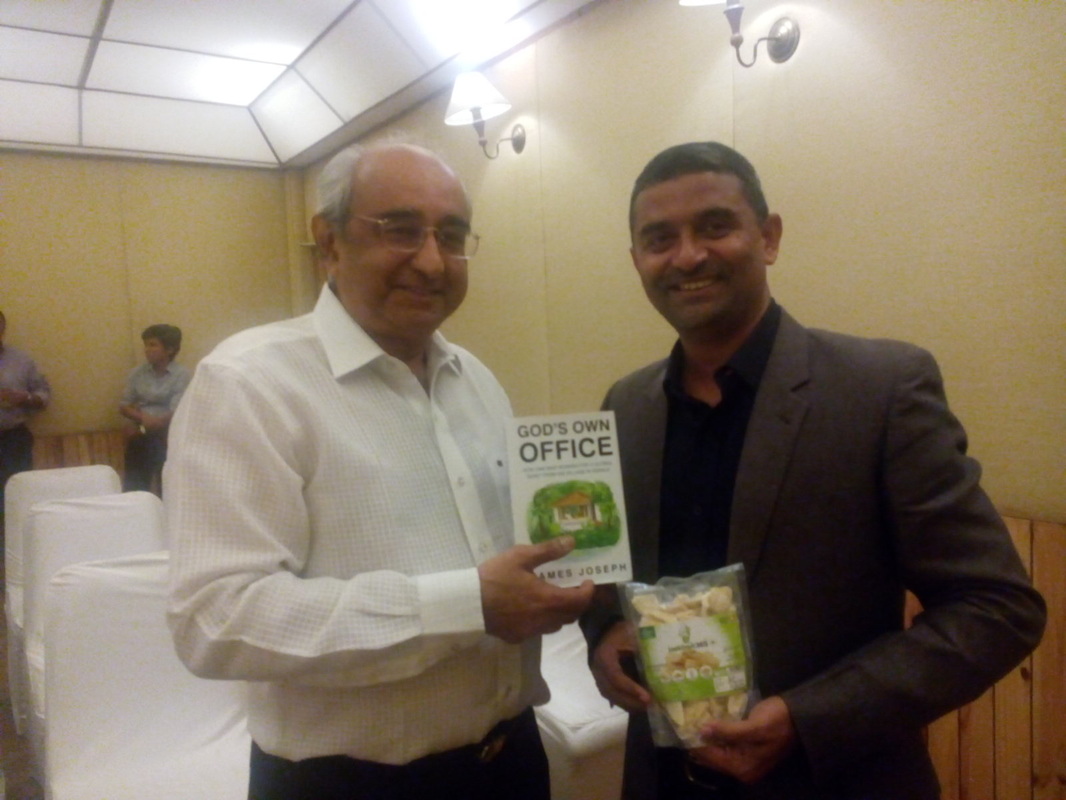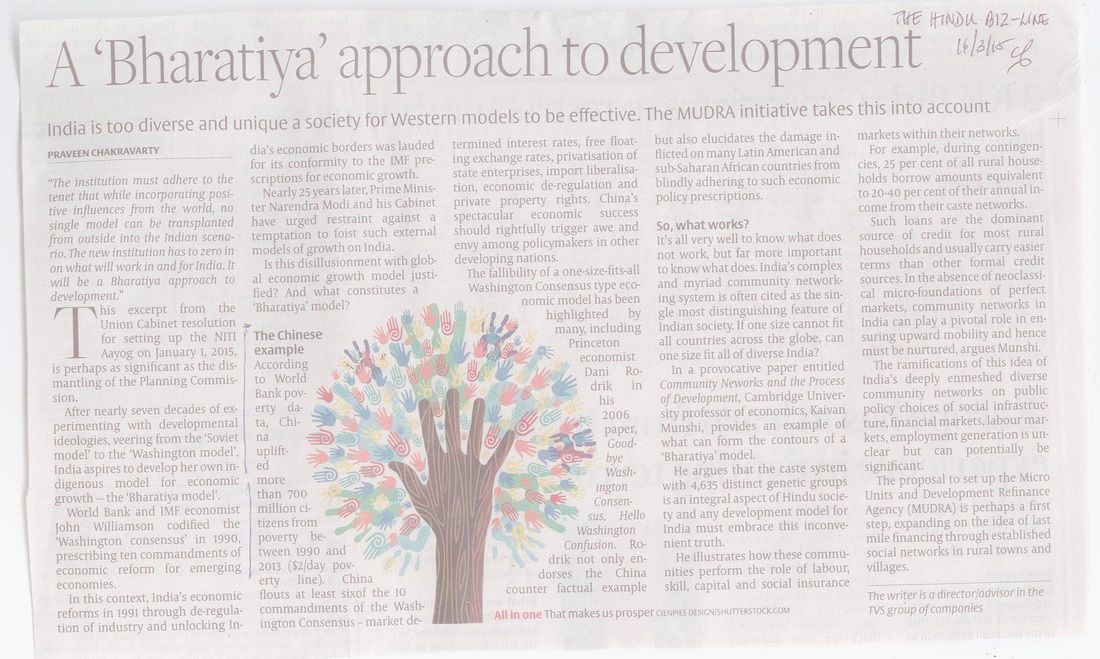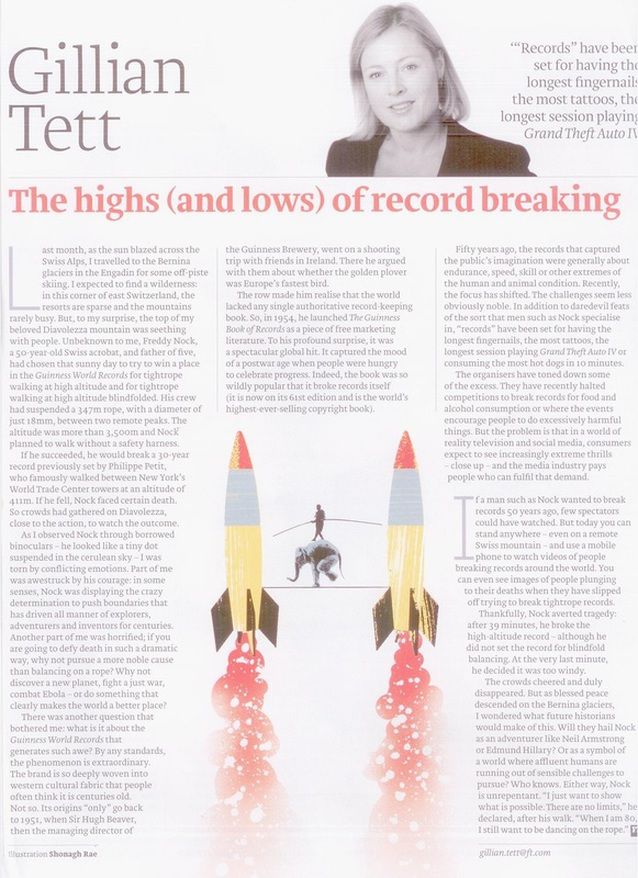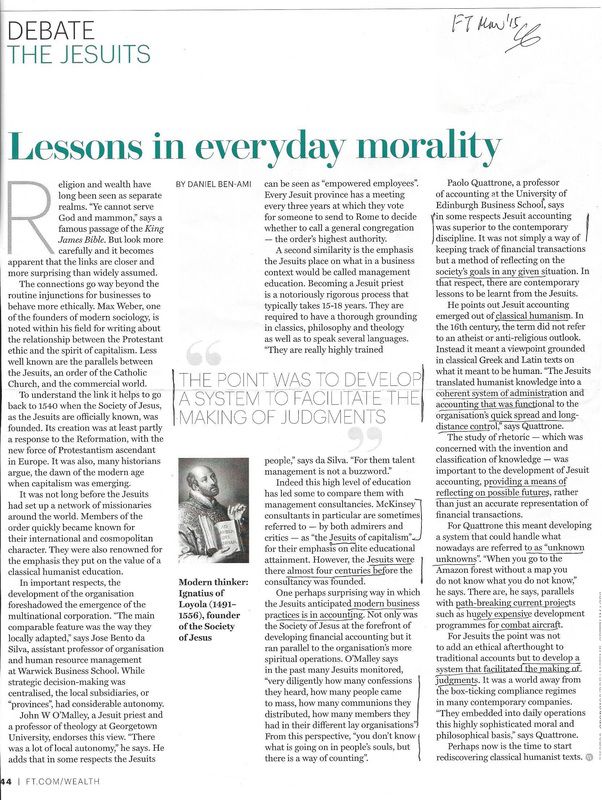Late Lee Kuan Yew, the founding father and first Prime Minister of Singapore, always managed to provoke with his views on India, famously saying once, “India is not a real country. Instead, it is 32 separate nations that happen to be arrayed along the British rail line.”
During the South Asian Diaspora Convention in 2011, he was asked, “If someone were to give you India today, can you do to India what you did to Singapore over the last three decades?” This is what he said in response.
“First, no single person can change India. You speak 320 different languages. Manmohan Singh [who was the Prime Minister then] can speak Hindi – I am not sure if he speaks Punjabi, I think he can, but at any one time you would only have only about 200 million people out of a total of 1.2 billion people understanding him, so that is a structural problem which cannot be overcome.
If you compare that with China where over 90 per cent speak one language, and when the President of China or a leader in China speaks, 90 per cent understand it. So, it’s a much easier country to lead than India.
Secondly, as I have explained, India consists of many different dialects and nation-groups. There is no connection between the history and development of the Tamil language or the Telugu language and [say] Punjabi. So, India is a creation of the British Raj and the railway system it built, and therefore it has its limitations.”
He was also asked to share what according to him were the fundamental rules of good governance. That is quite simple, he responded:
“First, integrity, absence of corruption.
Second, meritocracy – the best people for the best jobs. And
Third, a fair level-playing field for everybody.
We were lucky in Singapore, because we started with a plastic, young society, so we chose English as our working language, which was a neutral platform for everybody. Nobody had an advantage.
Secondly, it’s a small country and you can have your edict run throughout the whole country. India is very different: you can say something in Delhi and somebody in Bangalore decides differently, and that’s there. So, I do not think it’s possible for anybody to do to India what it takes to develop quickly. It is diverse and therefore it has to work at its own speed, its own tempo, where each marches to its own drumbeat.
And it took me a long time to understand this, because I had many issues with British Empire history, and I thought India was more than just a concept. India was India. But as I grew up and I went to India, I realised that there are many different Indias – and it is still true today.
Yes, you have the English language which binds the English-speaking Indians, but that’s only up to a point. I think the English-speaking Madrasi and the English speaking -Bombay is probably the only place in India where the various groups meet and feel at home with each other. So if they can make the whole of India like Bombay and Madras, then you’ve got a different India.”





